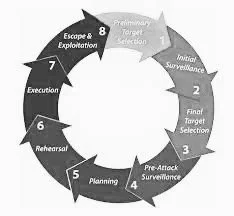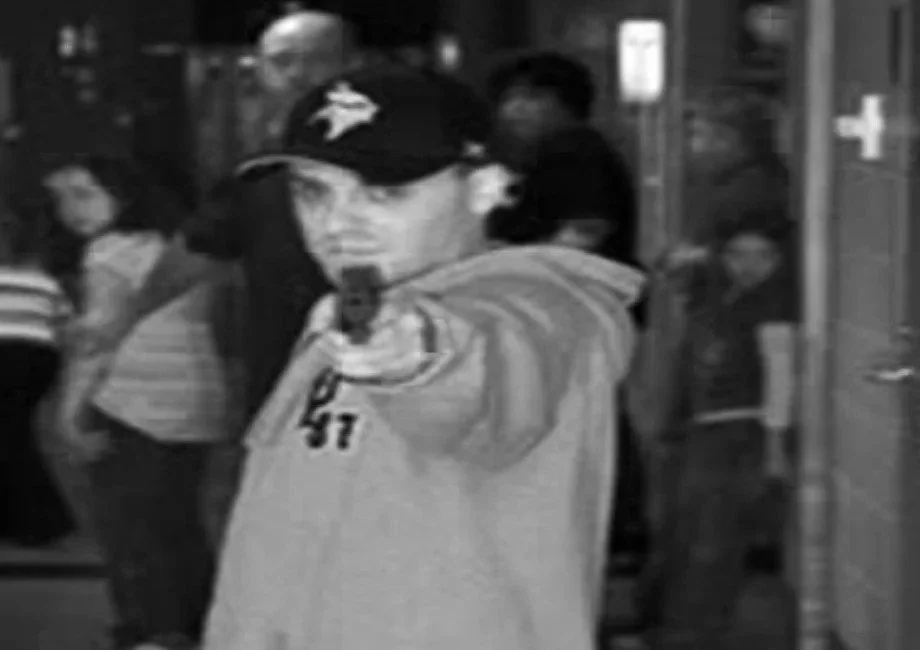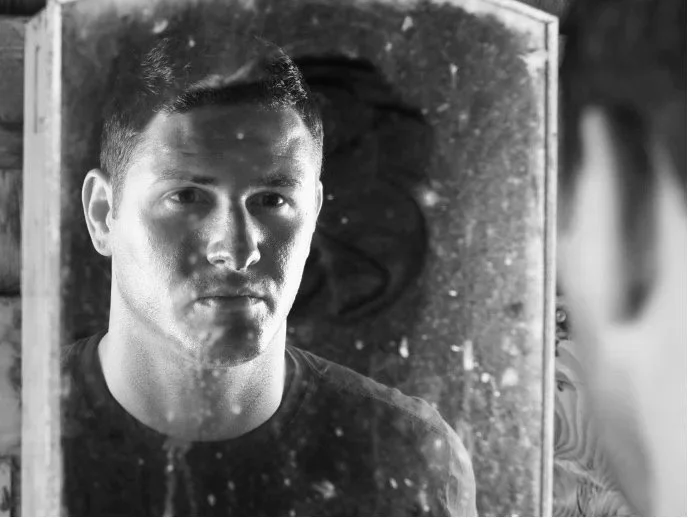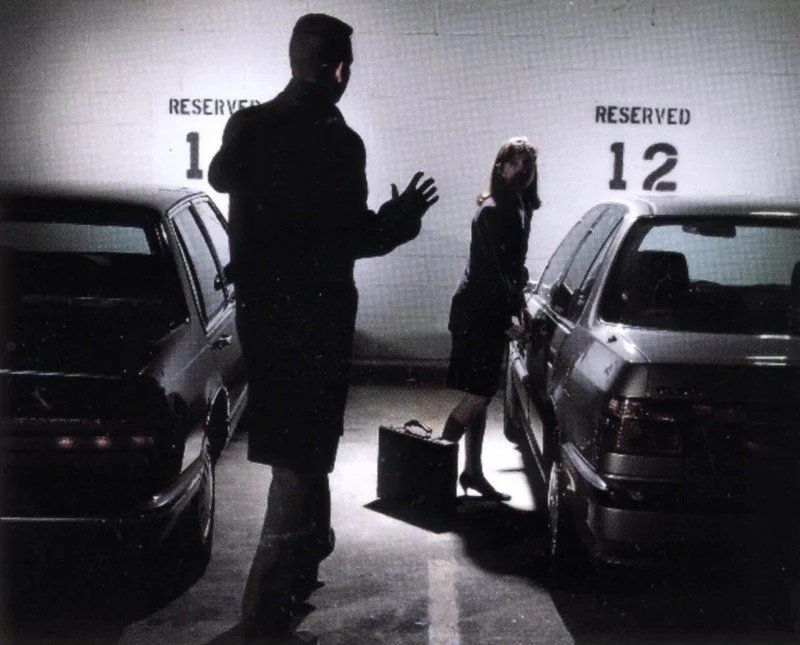Hamilton’s Insights
Explore expert insights on executive protection, personal security, and workplace safety. Drawing on decades of FBI and private sector experience, these articles provide practical strategies, training perspectives, and real-world lessons to help protect what matters most.
Active Shooter Strategy - One Bite at a Time
Implementing an Active Shooter strategy can seem overwhelming, but progress comes one step at a time. James Hamilton shares a powerful story about a Director of Security who transformed his organization’s safety culture through humility, intelligence, and courage—proving that real security is built intentionally, not reactively.
Buying Time
The best Executive Protection teams aren’t just a line item — they deliver measurable value. James Hamilton likens effective EP to an unforgettable restaurant experience and explains how great teams give their Protectees the rarest commodity of all: time.
You hold the Ace.
Many protectors are driven by painful pasts and high ACE scores. James Hamilton shares lessons from decades of training, urging those who serve to also show up for their families — breaking cycles of adversity by being present where it matters most.
House of Worship: Safety or Spiritual concern?
Protecting a House of Worship requires balancing safety and sensitivity. James Hamilton shares a real-world scenario to show why effective safety teams must train beyond firearms — learning awareness, positioning, and de-escalation to prevent tragedy without overreaction.
What is the protective strategy?
For over 20 years, the U.S. government and security professionals have relied on the Attack Planning Cycle to understand and stop threats. James Hamilton outlines the eight steps of the cycle and explains why only comprehensive, vigilant protective strategies truly safeguard lives.
Truth and Consequences
Carrying a firearm is a decision with life-altering consequences. James Hamilton shares lessons from decades in law enforcement, breaking down the three possible outcomes of armed encounters — and why competence, preparation, and responsibility matter most.
Active Shooter - Words Matter
Words matter in active shooter training. James Hamilton argues that the term “Active Intruder” is not only inaccurate but potentially deadly, leading to hesitation and confusion when every second counts.
Are you still you?
Are you still you?
Changing jobs won’t bring lasting fulfillment without true self-evaluation. James Hamilton shares a powerful lesson on the “forging process” — the hard, often painful work of discovering who you really are and why you do what you do.
Start from Reality
Effective personal security starts with self-awareness. James Hamilton emphasizes the importance of defining your reality, recognizing risks, and building a plan that goes beyond “Run, Hide, Fight” — tailored to your own capabilities and environment.
I don’t always know Why, but I usually know Where
Most targeted attacks happen in and around vehicles — a critical vulnerability often overlooked. James Hamilton outlines real-world lessons from law enforcement and private security, offering practical strategies to reduce risk and stay alert.
If the problem will be resolved in Seconds, don’t choose a solution that is Minutes away.
In a violent encounter, seconds matter. Drawing from 32 years of experience, James Hamilton shares why awareness, training, and decisive action save lives — not apps, radios, or delayed responses.
Transitioning From the Public to the Private Sector
Making the leap from government service to private industry can be daunting. James Hamilton reflects on his own FBI-to-private-sector journey, offering practical advice on preparation, negotiation, and finding meaningful work.
Who Will Fight For Them?
After decades of tragedies from Columbine to Texas, there is still no national strategy for preventing school shootings. James Hamilton calls on parents and policymakers to confront this crisis with the same resolve used to protect our leaders.
Much More Than Names on a Sign
Behind every memorial sign is a story of courage, sacrifice, and family. James Hamilton shares how fallen officers Mark Coates, Joe Alva, and Sam Hicks shaped his life and why we must keep their legacies alive.
What Are We Doing?
Active Shooter tragedies remind us that survival often depends on individual action before police arrive. In this article, James Hamilton challenges outdated guidance, argues against “hiding under desks,” and explains why proactive strategies — rooted in intuition and preparation — save lives.















